Rules for Gift Tax:
In Canada, there’s no law that indicates when giving a gift to someone it should be recognized as tax and mentioned in your annual tax filing report. In fact, a lot of gifts can be given to the people you admire without the rise of tax. In other words, a gift doesn’t need to be provided to a person on a certain special occasion to be recognized as tax-free. Although, giving and receiving gifts can still, in some terms, be recognized as taxable income, in which taxes will be paid in certain situations.
All of that will be covered in this article.
Capital Property Gifts:
Capital gains or losses may result from selling capital properties, but it also depends on the type of asset the capital property holder is willing to disposition. Some of these capital property assets like shares, bonds, land, cars, and trademarks don’t always result in capital gains. It all depends on the certain situations and circumstances of these assets.
It is a known fact that when a taxpayer decides to give his property or transfers his capital property, to a person, certain regulations and rules must be applied for tax purposes. A thorough analysis of the property and the situation is conducted to adjust its value and determine if the capital property dispositioned was given at less than fair market value. Although, if the taxpayer had given the asset at a fair market value then this could have resulted in a capital gain for the gifting taxpayer unless the person receiving the property is the taxpayer’s spouse or common-law partner. On the other hand, if the property disposed of by the gifting taxpayer was at loss, meaning it was less than the fair market value, then he/she will be barred from claiming a capital loss.
Note that these rules don’t apply to the person receiving the property from the taxpayer. Also know that the capital gain the recipient will acquire from selling the gifted capital property in the future will be substantial.
Employer Gifts:
It’s very common to receive gifts from your boss or employer at certain points. Whether it’s a special occasion or just a random day at the office. However, a gift received from an employer or boss is considered taxable to the employee and should be reported as part of his/her income. Thankfully, the Canada Revenue Agency (CRA) doesn’t require employees to report non-cash gifts. Only a portion of the non-cash gifts received from the employer, that exceed $500 for the year, should be reported. Nevertheless, the employee can exclude some of the gifts received from the calculation that are considered trivial in value, such as branded pens and so.
Know that the Canada Revenue Agency has defined non-cash gifts as something a person receives on a special occasion, though cash and near-cash gifts must be reported in the annual tax report.
Gifts from Unpaid Taxes:
The Income Tax Act clearly states in section 160 that a taxpayer who owes an amount of money to the CRA can use gifts to maintain the acquisition of their assets, and not be taken by the CRA’s collection department. So, the Income Tax assessment indicates that a taxpayer should transfer his/her assists to a person, as a gift, for less than the fair market value.
These assessments are considered derivative assessments, which means the gift recipient will be assessed. The assessment value would be less than the unpaid taxes from the taxpayer and the difference between the fair market value of the asset and the value of any gift received by the taxpayer.
Gifts and Tax Credits:
Certain gifts can result in tax credits depending on the receiver of the gift and the type of gift that is being provided or given. The tax credit is limited depending on the value of the donation given, for these type of tax credits is usually given to governments of Canada, including the provinces and territories, or to qualified donation receivers.
The term qualified donation receivers includes registered charities, registered municipalities in Canada, and the United Nations. In addition to donations given to ecologically sensitive land and certified cultural property.
Pro Tip:
You need to know that the Canada Revenue Agency (CRA) notices any instant income for a taxpayer on their assets which don’t have any tax paid. For them to receive the amount intended from these incomes, the CRA usually recognizes these amounts as potential taxable transactions. So, the question here is, how can a taxpayer prove or gather the right information to convince the Canada Revenue Agency (CRA) that the amounts that were received were considered gifts? And that he/she shouldn’t pay tax on these amounts?
The best way to prove to the CRA that these amounts that you have received are nothing more than gifts is to create a paper record of the gifting transaction, which is also known as a deed of gifts, at the time the gift was given or made. This process can also assist in other transaction recordings other than gifts. However, it’s highly recommended that you consult a professional tax lawyer or a professional accountant with the right knowledge in the field of taxation. This will help you determine what your next move will be when it comes to your tax situation.
